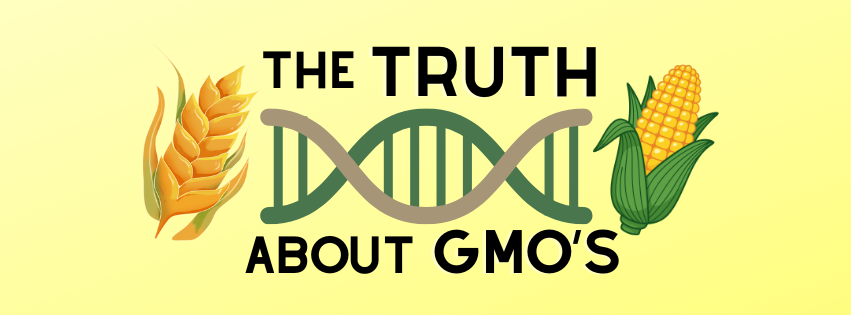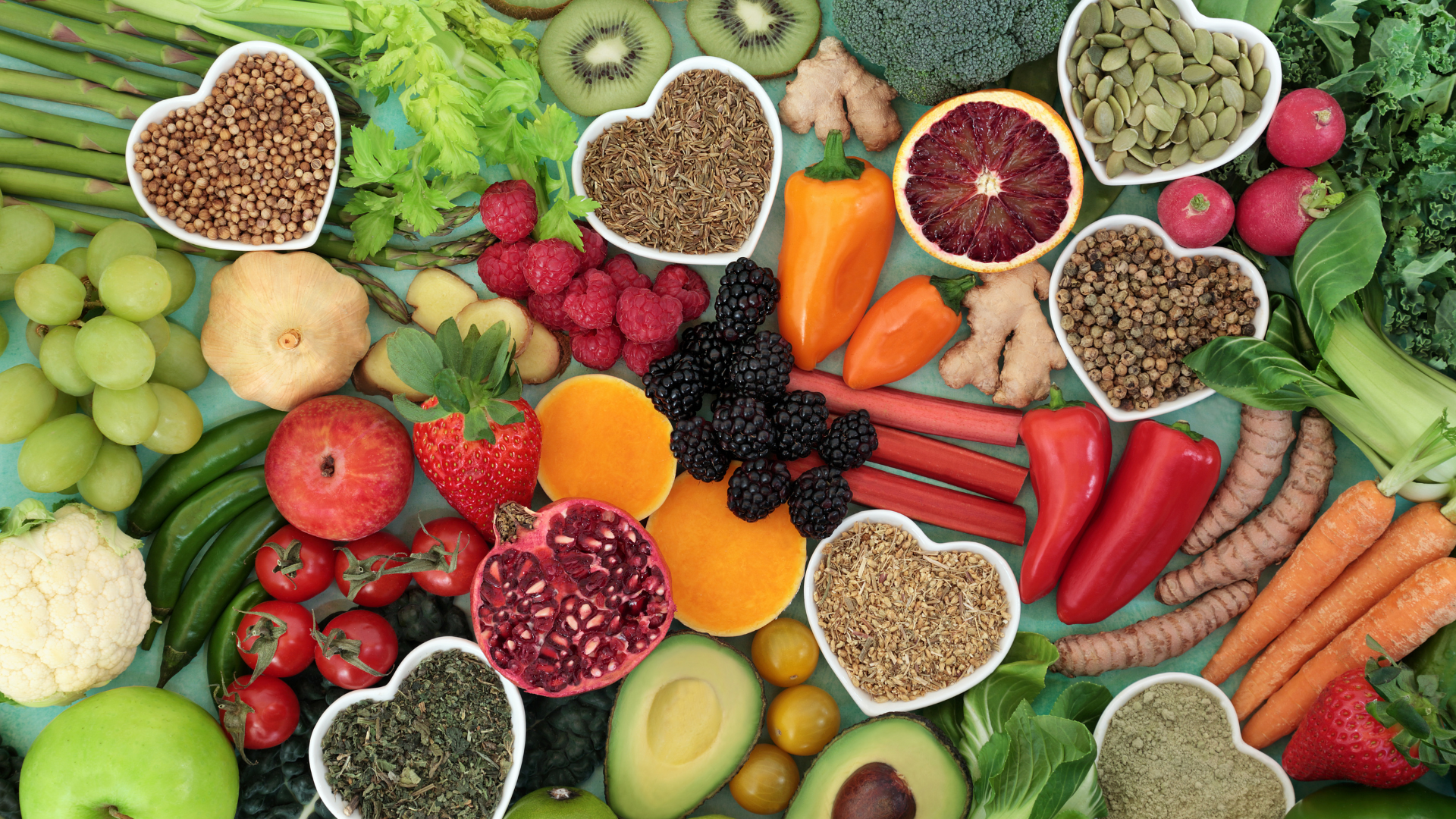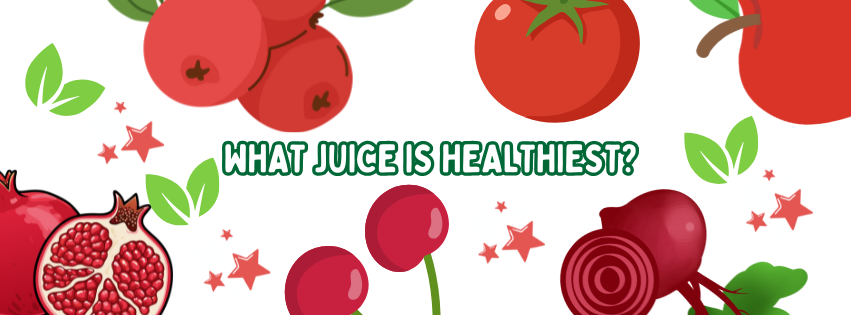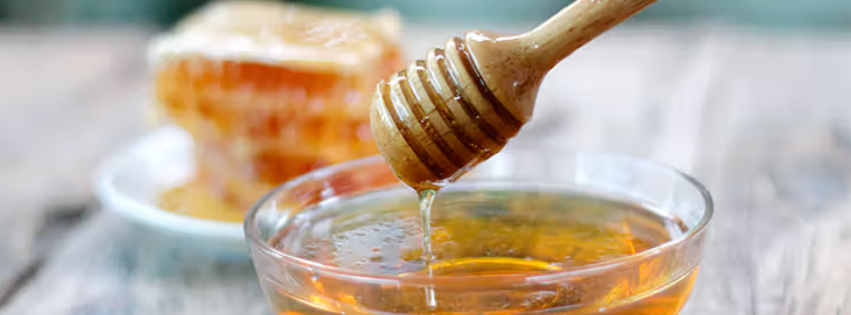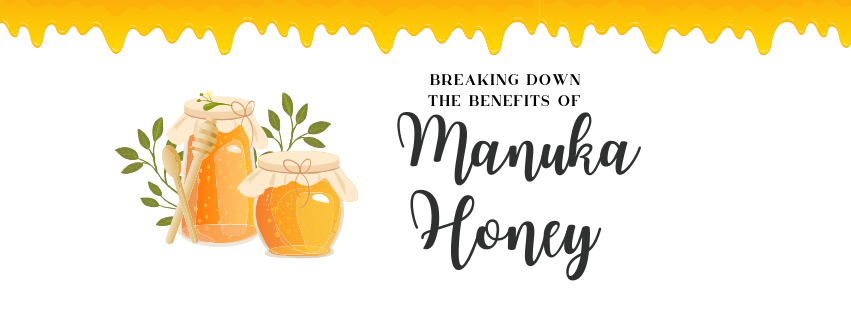By April Allen
•
December 23, 2025
The start of a new year can come with a lot of pressure to reset, overhaul, and become a 'better' version of yourself overnight. Traditional New Years' resolutions can feel motivating at first, but can quickly become overwhelming and restricting. Did you know that 88% of people fail their resolution within the first 2 weeks? It makes us wonder why. And we think that it's because they are rooted in an all-or-nothing mindset that doesn't leave room for life's unpredictability. And our resolutions are often things we think we SHOULD do (because of pressure from others, societal standards, etc.) and not things that we actually VALUE. It’s important to ensure you are enhancing your wellness in harmony with your surroundings and your reality. At Jo Anne's Place, we believe the new year is less about drastic change and more about gentle intention. A holistic approach to the new year invited you to build healthy habits that support your body, mind, and lifestyle at a pace that feels sustainable for you. Rather than chasing resolutions, this is an opportunity to tune in, reflect, and choose practices that truly support your long-term wellbeing. If setting goals is your thing, we support that! Just remember to keep them realistic and grounded in your values. If setting resolutions isn't for you, here are some gentler ways to step into the new year:



